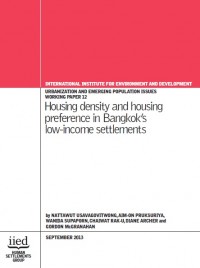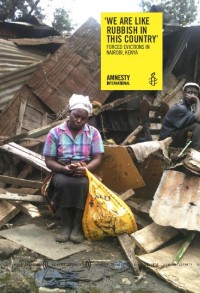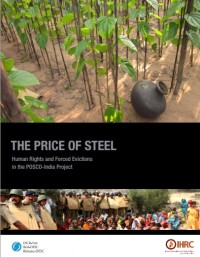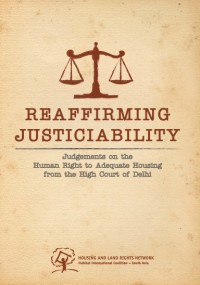The primary aim and purpose of the general recommendation is to provide authoritative guidance to States parties on legislative, policy and other appropriate measures to ensure full compliance with their obligations under the Convention on the Elimination of All Forms of Discrimination against Women to protect, respect and fulfil women’s human rights. It also builds upon principles articulated in previously adopted general recommendations.
Latest news
- France begins eviction of 650 migrants from Calais camps
- Anti-eviction group creates crowdsourcing map for stories of displacement
- More foreclosures, more middle-aged suicides, study finds
- When it comes to hosting the Olympics, more cities are saying, ‘Hold that thought.’
- European leaders urged to end plight of 600,000 stateless people
Latest from the collection
- Raquel Rolnik’s mandate ends. Leilani Farha is the new rapporteur. – Newsletter #47
- Roots and Branches
- New Materials on Security of Tenure in Several Languages – Newsletter #46
- Guide: Guiding principles on security of tenure for the urban poor
- Address acute housing crisis – Special rapporteur on adequate housing
Learn more








